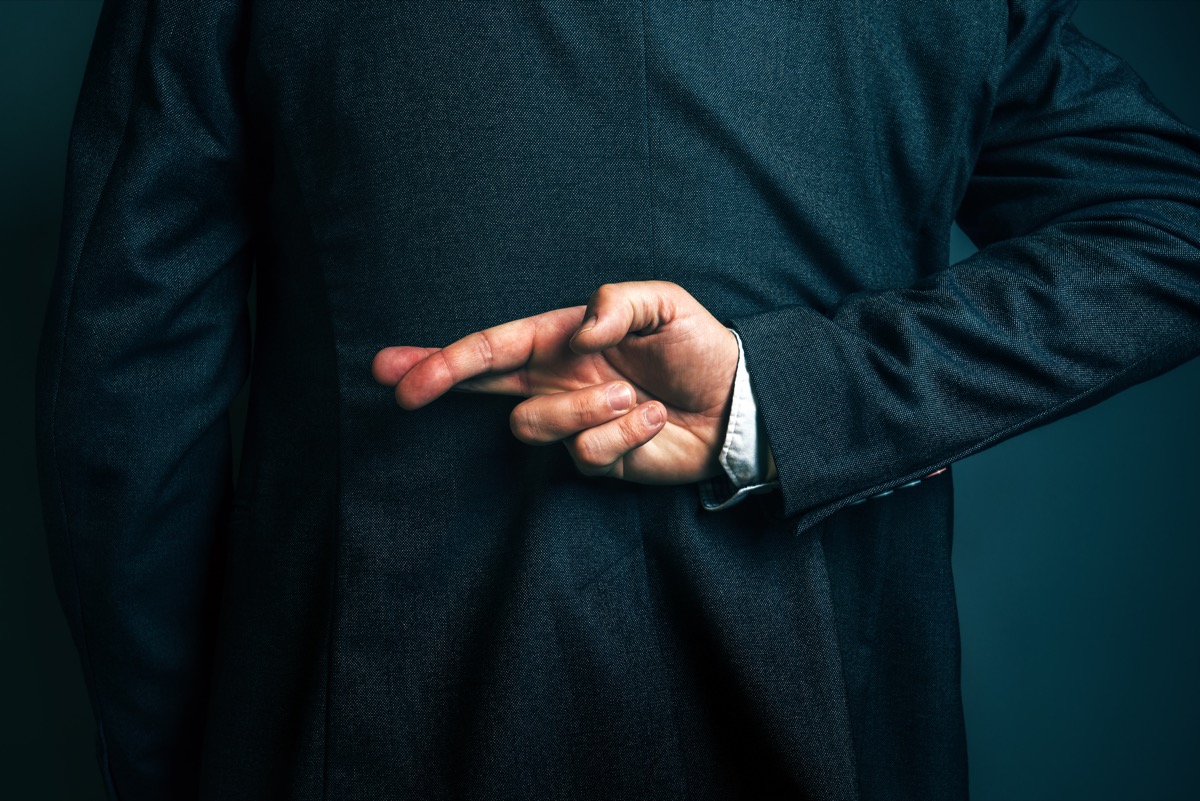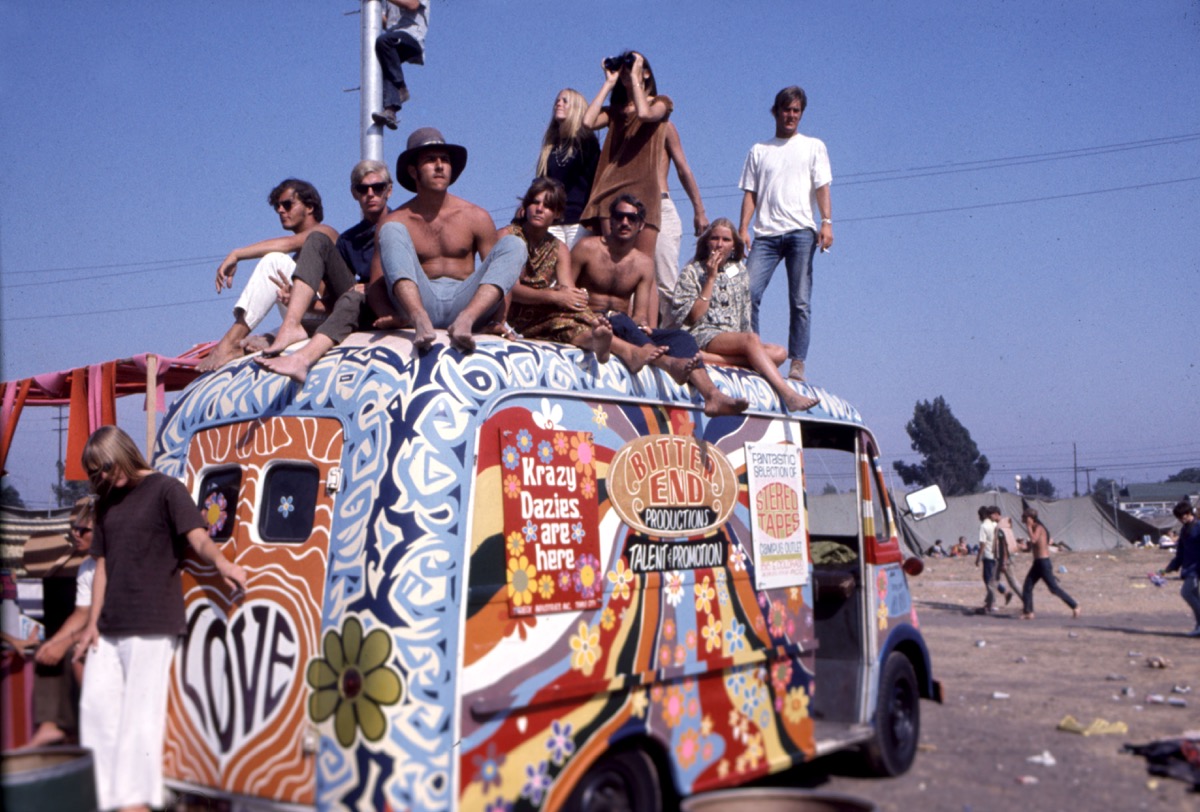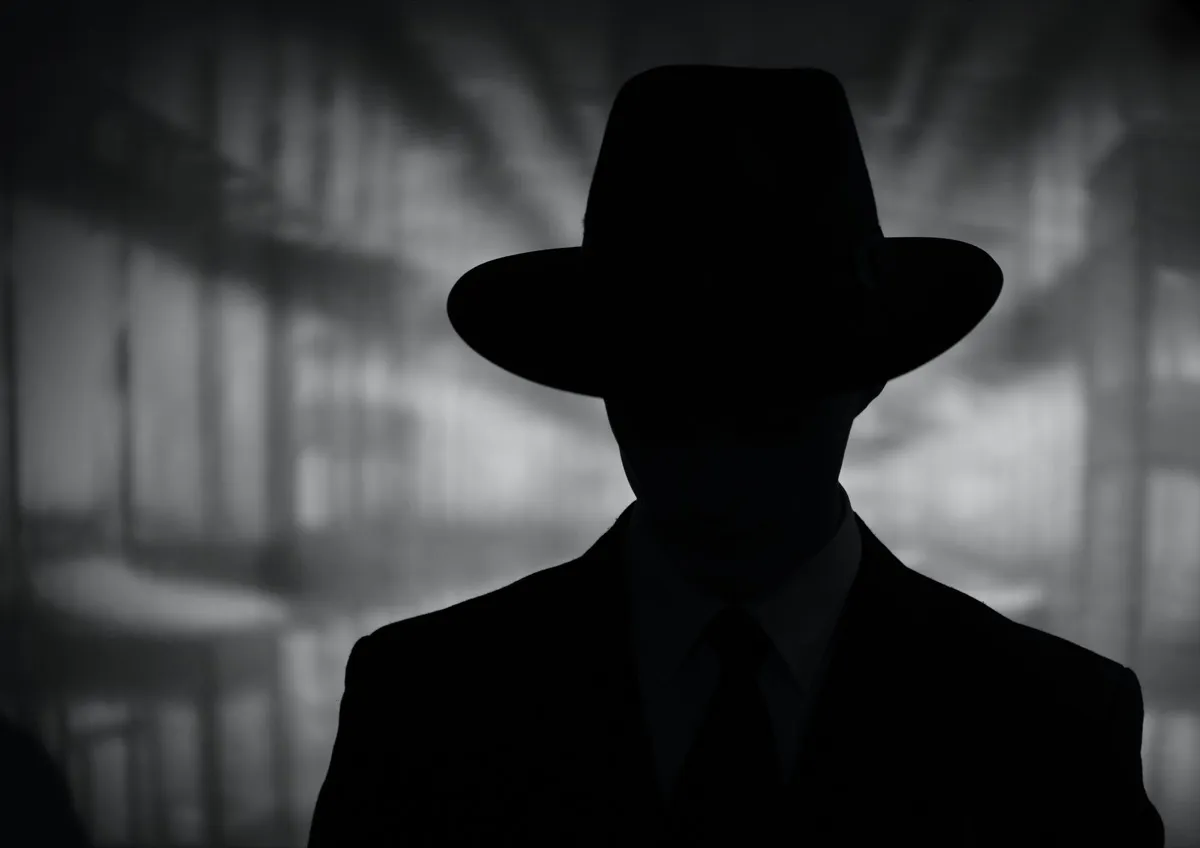25 Everyday Words That Used to Have Different Meanings

With new words being added to the dictionary on an annual basis, the English language is always evolving. And in addition to the new words that are added every year, there are also new definitions that get tacked on to previous entries based on the way word usage changes. For instance, while the word bully today describes someone with a mean spirit, it actually used to mean something much sweeter. And while you can use the word girl to clearly describe a young female these days, that wasn’t always the case. To update your language knowledge, we’ve rounded up the everyday words that once meant something else. And for more tidbits about the English language, check out the 20 Words You Won’t Believe Are in the Dictionary Now.
1
Awful

Nowadays, if you say something is awful, you’re not being kind. However, in the past, it was actually a term that people used to praise things, seeing as it literally meant that someone or something was “worthy of awe.” As awful became more negative, the word awesome largely replaced it in terms of its original meaning.
2
Cheater

Centuries ago, the term cheater was used to describe the royal officers who looked after the king’s escheats, or the land he acquired when someone died without a legal heir. However, because of the shady ways these officers went about their jobs, the word “cheater” eventually became synonymous with someone who lies, tricks, and defrauds—and this is how we define the word today. And for more terms that have changed, check out the 60 Words People Pronounce Differently Across America.
3
Naughty

In the 1300s, people who were naughty had naught, or “nothing.” In other words, they were poor. But nowadays, the word is used to describe someone not as poor, but as evil or improper.
4
Nice

The original meaning of nice used to be, well, not so nice. The adjective actually comes from the Latin word “nescius,” meaning “unaware” or “ignorant.” When it was picked up by the English language in the early 1300s, it described a “stupid, ignorant, or foolish” person. Ouch!
5
Flirt

Flirting with someone in today’s sense is what most people would consider to be flattering. If you were to flirt with someone based on the word’s original meaning, then what you’d be doing is less sweet and more savage. In the 1500s, this term was actually used to describe a quick motion or jerk—something like a flick. And for more word facts, check out 5 Words to Ditch From Your Vocabulary ASAP, Experts Say.
6
Egregious

When someone describes something as egregious, they are trying to say that it stands out—and not in a good way. But when it was first coined, the word actually meant the exact opposite. According to Merriam-Webster, the adjective was once used as a compliment to describe someone “who had a remarkably good quality that placed him or her eminently above others.”
7
Bully

No one wants to be called a bully—unless you’re using its original meaning, that is. In the archaic sense, bully means “sweetheart,” as it was derived from the Dutch word for lover.
8
Silly

The word silly has seen quite a few definitions throughout history. Derived from Old English, the adjective has been used over the years to mean everything from “happy” and “fortunate” to “innocent.” Eventually, though, the word somehow became synonymous with ignorance, thus bringing us to its current meaning of “foolish.” And for more silly words, check out The 30 Funniest Words in the English Language—And How to Use Them.
9
Artificial

When something today is described as artificial, it’s usually a far cry from what’s considered to be a masterful creation. However, that’s exactly what the adjective used to refer to. If something was artificial back in the day, it was artfully or skillfully constructed.
10
Brave

Being called brave is quite the praise by today’s standards. But the word’s original definition—which is “showy” or “gaudy”—is much less complimentary. And for more etymology lessons, check out 50 Words You Hear Every Day But Don’t Know What They Mean.
11
Nervous

There are a lot of things that can make someone nervous nowadays: job interviews, talking to someone they’re attracted to, public speaking… the list goes on and on. In the 1600s, however, nervous in this context wouldn’t make sense, seeing as it was originally used to described someone who possessed great strength.
12
Fantastic

Fantastic is an adjective used to describe something that is extraordinarily good. But seeing as it was derived from the Latin word phantasticus—meaning “imaginary”—this word was originally used to describe something that only exists in the imagination. So, technically, a unicorn would be fantastic in either sense of the word!
13
Girl

A young female is typically referred to as a girl today. When the word was first used in the Middle Ages, however, it referred to any young person, regardless of their gender.
14
Guy

Guy, man, dude, fellow—they’re all monikers used to refer to the male species. But you wouldn’t want to just throw the word guy around a few centuries ago; in the 1800s, it was used to describe a person of grotesque appearance.
15
Clue

If someone were to give you a clue today, they would be giving you a hint about something. But when the word was first coined, someone who was giving out clues was actually giving out something more tangible: balls of yarn.
16
Fathom

Today, fathom is just another word for “understand.” But way back when, it was used for measurement purposes and described the length of someone’s outstretched arms (about six feet!). Can you fathom that?
17
Manufacture

Manufactured, when used in its original sense, describes something that has been produced by hand. On the contrary, today people generally describe something as manufactured when it has been mass-produced in a factory by machinery.
18
Dapper

If you’re a stylish, neatly groomed man, someone today might call you a Dapper Dan. However, if you were to use the word according to its original meaning, then this wouldn’t make sense. Seeing as it’s derived from the German word tapfer for “brave,” dapper was originally used to describe someone as bold and daring—not in their fashion choices, but in their endeavors and undertakings.
19
Passenger

If you’re a passenger, you’re just someone who’s along for the ride. But the original meaning of the word passenger is someone who is traveling, fleeting, or just passing by, typically by foot.
20
Pretty

The term pretty is derived from various words in other languages that meant “cunning,” “tricky,” and “skillful”—and therefore, it makes sense that the adjective was originally used to describe a sly person. But nowadays, it’s used to positively describe someone’s appearance rather than their deceitfulness.
21
Radical

Radical is an adjective used to describe anything extreme that shakes up the fundamental nature of something, and it’s typically employed in regards to social or political activism. However, the word actually comes from the Latin word for “rooted,” and it was once used to describe the opposite of extreme: something rooted, basic, and fundamental.
22
Sad

It’s no fun being sad or unhappy. But it wouldn’t have been such a bad thing a long time ago. In Old English, to be sad meant to be satisfied or content, usually in regards to feeling full from a meal.
23
Success

It’s a good thing to have success nowadays. But in earlier times, it could go either way, seeing as success originally described both positive and negative outcomes alike.
24
Villain

You know a villain as any evil person, typically in a movie, novel, or play. But in Old English, this word simply referred to anybody who worked on a country estate, such as a farm laborer.
25
Terrible

The original meaning of the word terrible is similar to its definition today, only way more extreme. When you described something as terrible back in the day, it meant that it caused genuine fits of terror; today, people use it to describe anything that’s mildly bad—even a terrible movie. And for more words you should probably stop using, Cut These 20 Negative Words from Your Life and Be Instantly Happier.